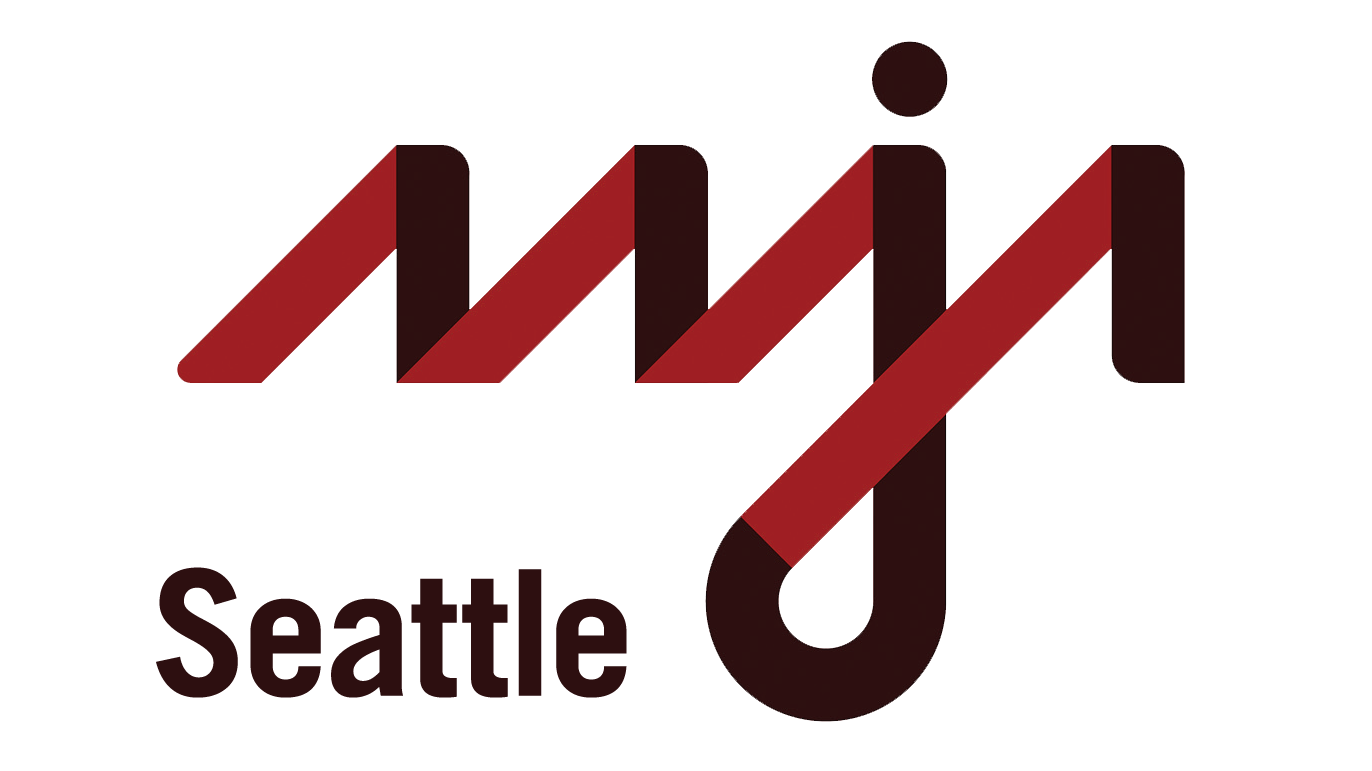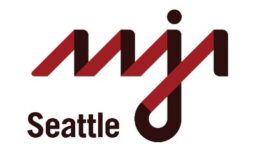Asian Canadian Journalists Meetup: Olympics Coverage
By Athima Chansanchai
One thing about having a flexible schedule: you can take off to places like Portland and Vancouver during the week.
On Thursday, Jan. 28, I took a mini-road trip (3.5 hours door to door from Seattle to Vancouver) to attend a dinner meeting organized by the Asian Canadian journalists we met in the fall. As a representative of AAJA, I wanted them to know we’ll support them in any way we can. I made it there with hours to spare, so I used the time to catch up with my friend and host for the evening, and explore Commercial Road (on first glance, Vancouver’s version of Seattle’s Capitol Hill) before she dropped me off at the Azia restaurant downtown.
About 20 people turned out for the event, which featured speakers talking about the one topic that is impossible to ignore in this part of the world: the Winter Olympics, which begin Feb.12.
They all agreed on one thing, too, that some of the biggest stories from the Olympics won’t be the sporting events, but the impact of the Games on the city and its environs. Ed Watson from CTV – the Canadian broadcast rights holder to the games – said he expected transportation to be the biggest story coming out in the next month, as in how both tourist numbers and the number of athletes and those who cover them will affect those who live in Vancouver.
“The first week is going to be chaos,” he said.
Stories about daily life and how the Games are reported abroad will also be interesting, he said. Because of the strict rules regarding recording inside the venues, news organizations are stretching their resources and creativity in finding and reporting stories beyond sports coverage.
The CBC – represented by organizers Jennifer Chen and Tiffany Chong – said their strategy is to do “everything but the Games.”
Chen said, “We’re doing what we can to report as best we can, the stories in the city.”
Bev Wake, Olympics editor for the Vancouver Sun, said her paper has been planning for the Olympics since the 2006 Games. She was sent to Turin and Beijing, where she learned a great deal about how to cover such a massive event. She told us about the challenging logistics and the advantage that can sometimes come with off-camera interviews: candor.
She revealed her own candor in the anticipation of the Games: “I’m looking forward to it starting.”
Working with a web first strategy, she will oversee a team of 54 company wide, including 37 reporters at the Sun. There will be about 1400 news people representing the broadcast consortium covering the Games. While the number of mainstream reporters is dramatically reduced, the number of those representing social media is up, she said. While rules are strict about not being able to do audio recordings within the venues, it is likely that a generation accustomed to uploading to YouTube and Twitter will find a way to share their observations with the rest of their worlds – as long as they have a data plan that works in Canada!
Sing Tao’s Grant Hsu told us his main objective is to introduce the Winter Olympics to Chinese readers and ended the evening by playing a Japanese folk song on an ocarina.
Thank you, Asian Canadian Journalists, for inviting AAJA to your event, and again, making us feel so at home! Hope to see you south of the border after the Games!



